The China-US trust war
Zhu Ying asserts that the nub of the issue in the China-US trade war is a high level of distrust. Tariff tit for tats are just symptoms of that root problem. If not arrested, it will thwart any real progress in the trade talks.
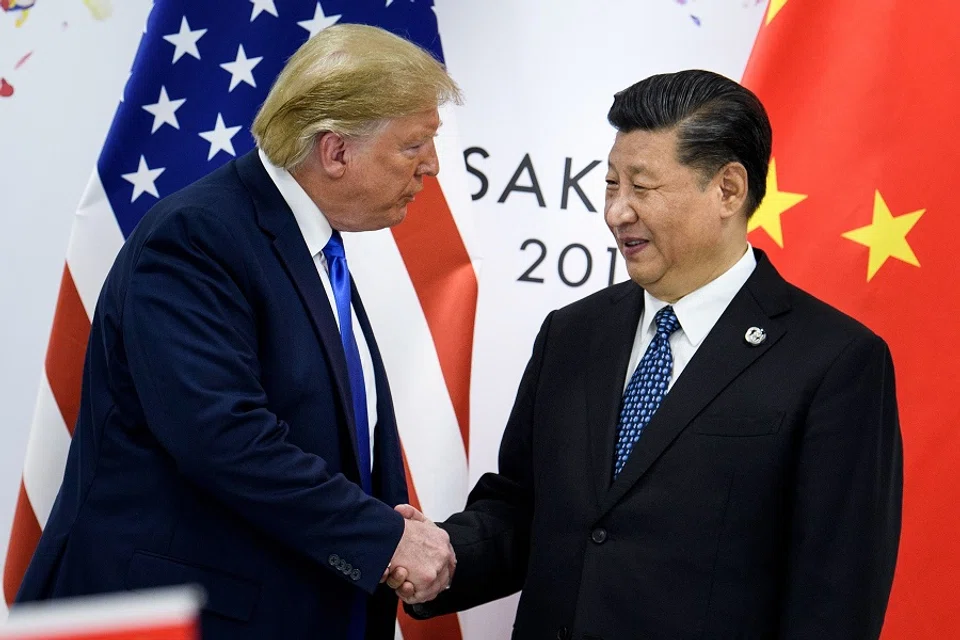
We have a serious problem at hand, and it is that of "distrust between China and the US". The trade war between these two countries may seem to revolve around tariffs, but in fact, what lies at the heart of the issue is distrust.
In a speech made in China in September 2019, Thomas L. Friedman, the New York Times columnist and author of the bestseller The World Is Flat, declared that what's going on between the two major powers is not just a trade war, but "a trust war".
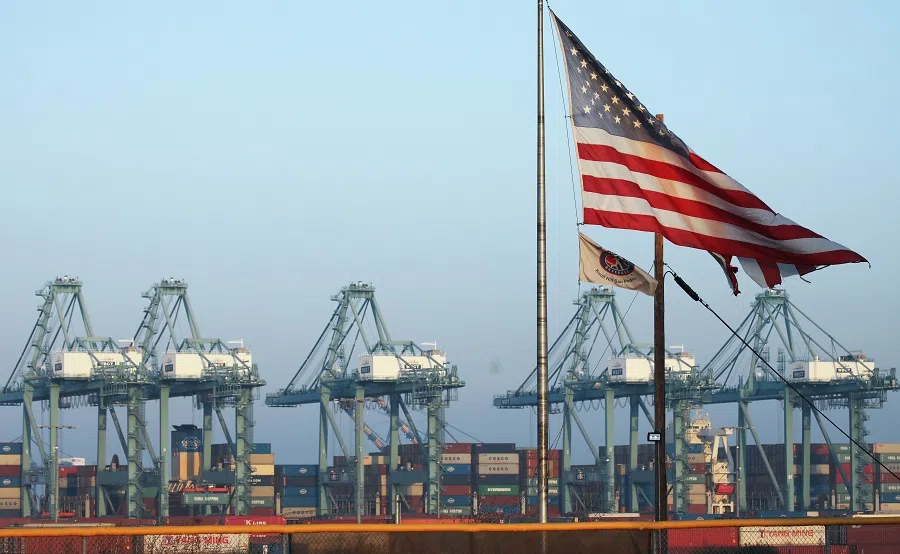
Two months later, Chinese Vice President Wang Qishan himself said that the countries of the world must work together to explore new ways to deal with "governance deficits" and new solutions for "trust deficits". This rhetoric amounts to an indirect admission that China and America (or, indeed, the West at large) are in a state of mutual distrust.
To each their distrust
From the US perspective, the China-US trade war is waged step by step on the basis of America recognising China as a "strategic rival" and a "revisionist state". The Trump administration has been highlighting various areas in which China falls short, starting from its economic policies. The result is what we see now - a general distrust of China that has become the common understanding in the US.
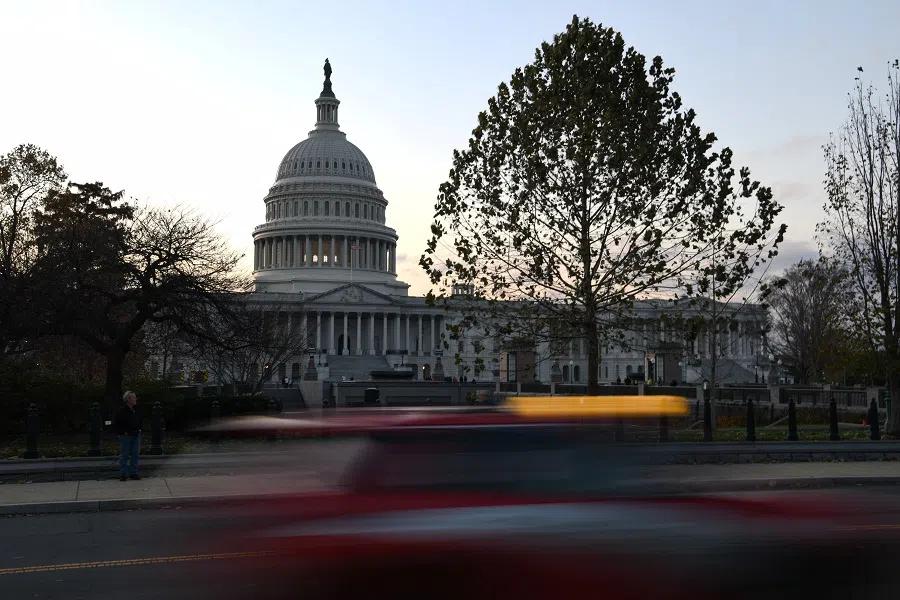
The passage of the Hong Kong Human Rights and Democracy Act is a case in point. This bill was passed unanimously by the Senate before it was sent to the House of Representatives where they approved the Senate version on a 417-to-1 vote, indicating that the American politicians are very much on the same page when it comes to the Hong Kong issue. To have a bill passed with such an overwhelming majority is truly a rarity in all of American history.
According to survey results published by the Pew Research Centre in August 2019, the percentage of Americans with an unfavourable opinion of China has risen from the 47% of 2018 to 60% - the highest level since the Research Centre started this poll 14 years ago. The figure includes people whose view of China is highly negative, and these constitute about 25%.
China, on the other hand, has never trusted America. Wang Jisi, a Chinese expert on international issues, wrote Why Do the Chinese Commonly Distrust the US? in 2016. Tracing the historical trajectory of the titular sentiments, he pointed out that the Chinese distrust of the US has existed since the establishment of the People's Republic of China in 1949, and continued to this day. Wang Jisi's assertion is totally in keeping with the facts. "American imperialism is a paper tiger!"or "People of the world, stand together! Let's defeat the American invaders and all their lackeys!" - these are slogans that the Chinese people are all too familiar with.
Even though China's doors were open to the world from 1978, the infamous event of June 1989 (i.e. the Tiananmen protests) made the country's ruling party aware once again of the importance of ideology. In 2013, the documentary Silent Contest produced by the Information Management Centre of China's National Defence University painted a comprehensive picture of the contest between China and America on multiple fronts from ideology, social system, to governmental legitimacy and so on. American involvement in the "colour revolutions" in Central Asia and some former Soviet Union countries, coupled with the US' attitude towards the Arab Spring of 2011, further reinforced the Chinese perception that America was seeking to undermine the leadership of the Chinese Communist Party.

Friends and foes
But if China does not trust America, why would it actively develop economic and trade ties with the western superpower? This is because of the course of economic reform plotted by Deng Xiaoping. Developing China's economy to raise the Chinese people's living standards, was the one mission set by Deng for his country's ruling party above all else. Under the banner of this supreme mission, Deng insisted on keeping the Communist Party at the helm, but he downplayed ideology, saying that there should be no arguing over whether the economic reform was "capitalist" or "communist" in nature.
After the Cold War ended, America was pleased to accept China's integration into the global economy. The West was so confident that it made the dreamy proclamation about having reached "the end of history"*. America and even the whole of the West thought that, by choosing to go with a market economy, China would eventually tread the path of democracy like the Western countries. Expected convergence in this sense was at one point the mainstream understanding.
As the China-US trade war broke out, however, the Americans got a rude awakening and began to voice their profound regret. They pointed fingers at George H. W. Bush's and Bill Clinton's policies towards China, blaming them for allowing a great threat to develop, leaving endless trouble for the future. On 8 November, the American expert David Shambaugh stated that the Chinese intelligentsia has failed to comprehend why there was such a dramatic turnabout in the American stance towards China, and thus there ought to be a grand debate on "who threw America away".
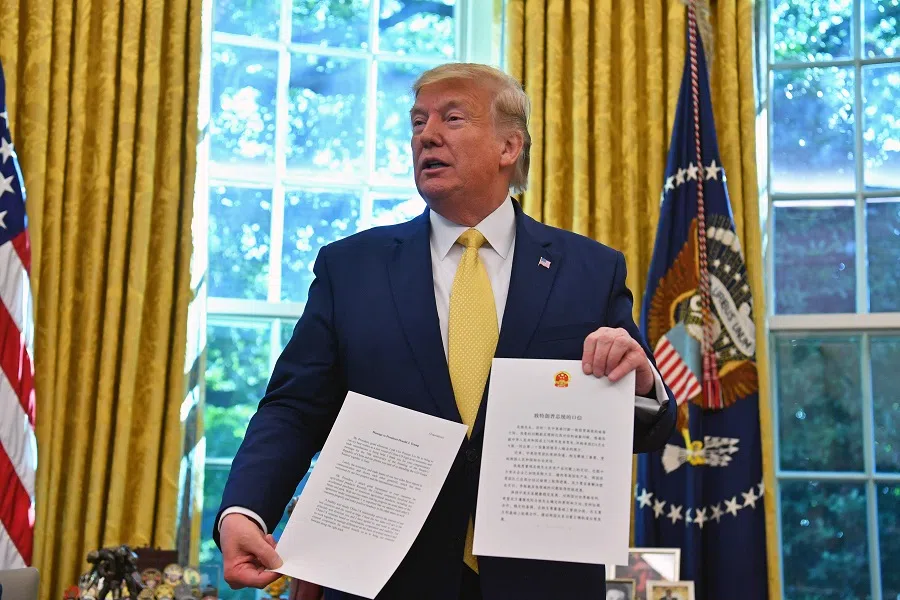
Walking the tariff talk
Lastly, it is through tariffs that China-US distrust unfolds. The trade war is a tariff war. By raising tariffs on China repeatedly, the US seeks to make China feel the pinch and force it to come to the negotiation table. America is also using tariffs as a means of punishment to ensure that China enforces its trade agreements.
As the logic behind America's tariff hikes goes, if all the additionally imposed tariffs were to be rolled back, China would never negotiate with the US or honour any deals made. According to the Trump administration's narrative, the US has learnt its lesson through the last few administrations' dealings with this Asian rival, and is convinced that there has to be a compulsory mechanism for enforcement.
But what about the Chinese government, which actively promotes patriotism? How is it going to explain to its own people why it accepts a trade agreement that does not include a total rollback of the tariffs? Deeply influenced by patriotic thinking, the Chinese only know of victory in terms of winning a fight. The word "compromise" does not exist in their dictionary. To them, to compromise is to surrender and be a traitor to the country. Yet, the truth is: compromise has always been an important part of political struggles and international relations. Indeed, compromises have gotten far better results than fighting does.
After Chile called off the APEC summit, China and America have made a few moves regarding whether or not their tariffs are to be rolled back. China made it very clear that America must cancel all the added tariffs, whereupon we began to hear from the US that such a demand was rejected. Understandably, doubts are raised everywhere about whether or not the two countries are really arriving at any deal at all. The China-US trade deal at "phase one" is presently mired in an inescapable predicament. Without the complete cancellation of added tariffs, the US will fail to address one of China's three core concerns. On the other hand, China's desired outcome of a full rollback on the US-imposed tariffs is impossible for the Americans to accept. Is the "phase one" agreement slipping out of reach?
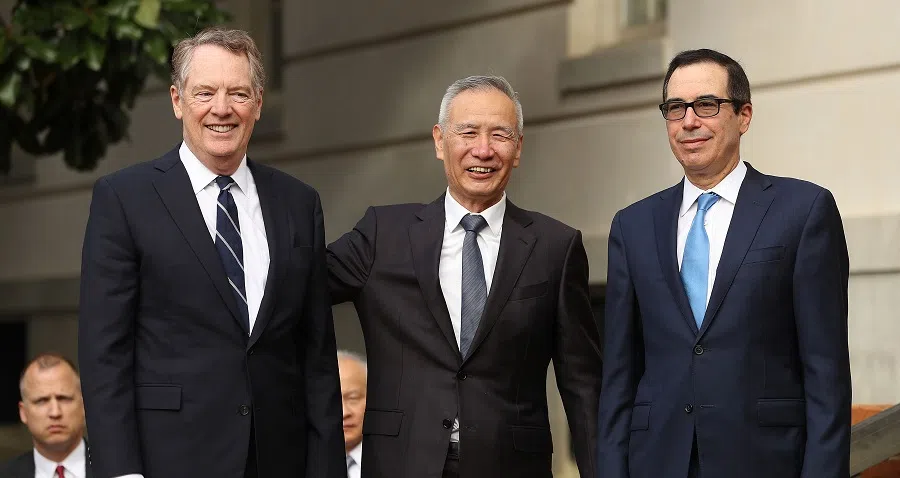
The Wall Street Journal reported on 20 November that, upon receiving Liu He's invitation for its trade negotiators to go to Beijing, the US apparently made a firm stand. Supposedly its delegates will not make the trip if China does not explicitly express commitments towards protecting intellectual property, stopping forced technology transfers and purchasing agricultural products. Subsequently, on the 22nd, Xi Jinping sent an indirect signal to Trump as he commented that "we hope to work out a 'phase one' deal on the basis of mutual respect and equality". In response, Trump claimed that a trade accord with China was "potentially very close" - words that managed to give a big boost to the American stock market.
But why are the leaders on both sides making such public statements? Could they just be calming the sentiments of discontent or urgency in their respective countries? Who knows if China and America will ever come to an agreement? Mutual distrust has turned their trade negotiations into an impossible mission, it seems.
_____________________________________________________________________________
*Francis Fukuyama wrote in The End of History published in 1989: "What we may be witnessing is not just the end of the Cold War, or the passing of a particular period of postwar history, but the end of history as such: that is, the end point of mankind's ideological evolution and the universalisation of Western liberal democracy as the final form of human government."


![[Big read] When the Arctic opens, what happens to Singapore?](https://cassette.sphdigital.com.sg/image/thinkchina/da65edebca34645c711c55e83e9877109b3c53847ebb1305573974651df1d13a)


